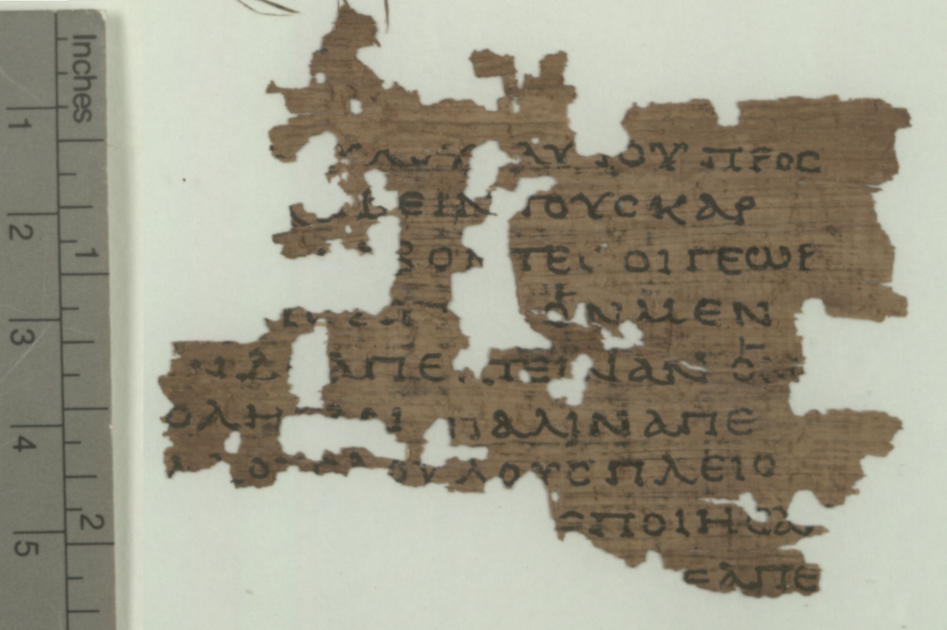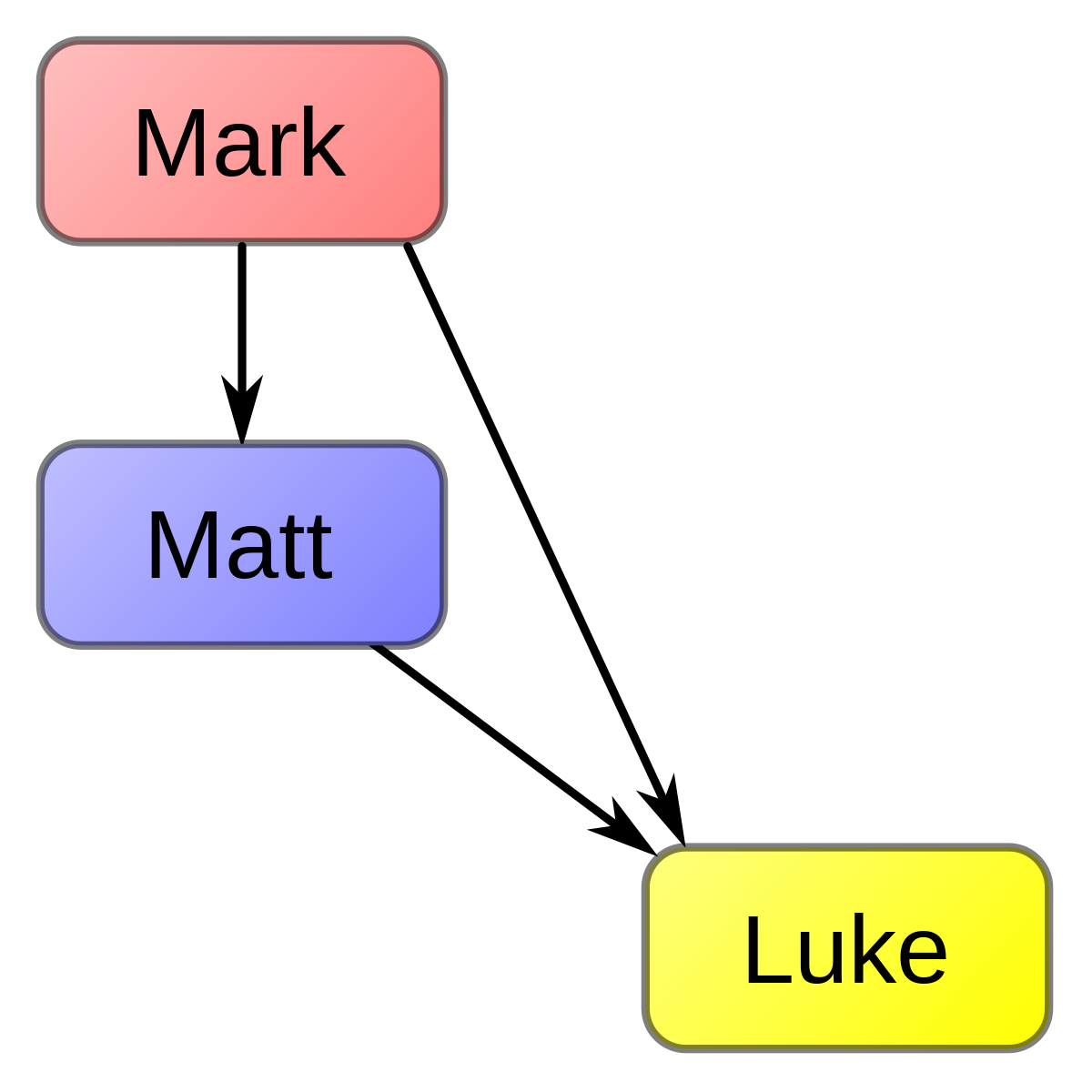ViaCrucis
Confessional Lutheran
- Oct 2, 2011
- 37,466
- 26,895
- Country
- United States
- Faith
- Lutheran
- Marital Status
- In Relationship
- Politics
- US-Others
From Romans 5:12-19, Adam's disobedience has given all his descendants the gift of death.
His descendants can denounce Satan and and still die? Yes.
His descendants can love their brothers and still die? Yes.
But Christ's obedience is not as powerful, after we received that gift, we can throw that salvation away by leaving, denouncing and sinning?
Is that your point?
I'm not following. How did you arrive at the conclusion that Christ's obedience is "not as powerful"?
-CryptoLutheran
Upvote
0


